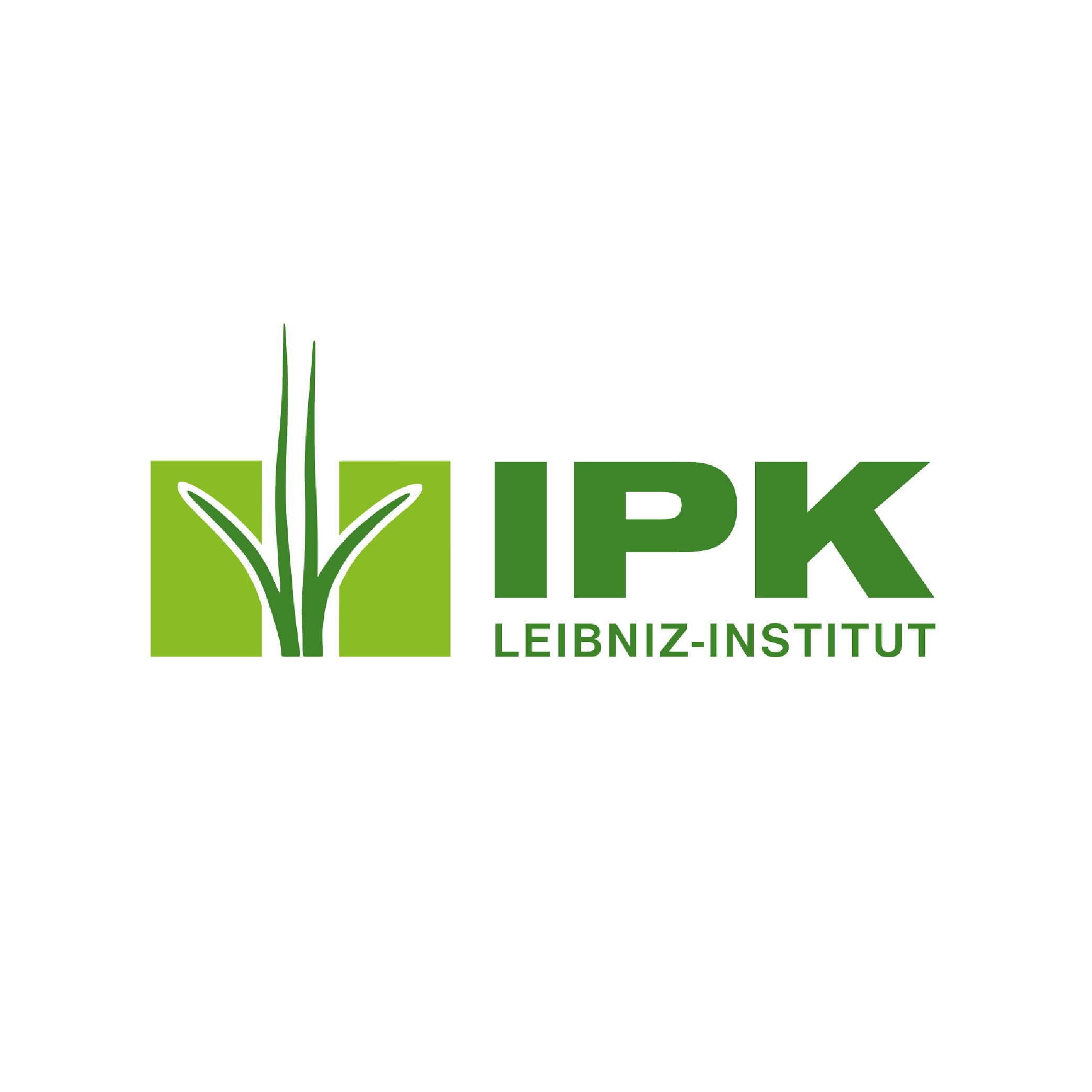IPK
Leibniz Institute of Plant Genetics and Crop Plant Research
The IPK is one of the internationally leading scientific research institutions in the field of plant genetics and crop plant research. The scientific focus of basic and application-oriented research is on the development of new insights into the structure, function and evolution of genetic material, on the conservation, exploration and development of the diversity of important cultivated plants, their ancestors and wild-related species. The research work is directed towards an efficient and sustainable supply of food, energy and raw materials and thus towards meeting global challenges.
At the IPK, the conservation, research and utilization of the genetic diversity of crop plants in the Federal Ex Situ Genebank are combined with innovative research approaches in the fields of molecular genetics, genome research, molecular plant biology, systems biology, bioinformatics and modelling. With a total stock of more than 151,000 accessions from almost 3,000 species, the genebank is one of the largest institutions of its kind in the world.
Role in PRO-GRACE
The IPK is responsible for leading WP1 (Plant genetic resources inventory and information system) and has expertise in all central aspects of genebank genomics, phenotyping, plant modelling and genebank informatics and documentation. In addition, the IPK has been responsible for hosting and further developing the European Search Catalogue for Plant Genetic Resources (EURISCO) on behalf of the European Cooperative Programme for Plant Genetic Resources (ECPGR) since 2014.
Aggregator databases such as EURISCO are cornerstones for making information on plant genetic resources (PGR) available to researchers and breeders. The most comprehensive information possible is the basis for PGR users to select and access the material they need for their scientific and breeding activities. However, these databases are only as good as the information provided to them. Originally created for passport data and phenotypic data of material stored in ex situ genebanks, new areas of application are constantly being developed. This means that new data from different domains and sources have to be linked together. In this context, IPK will be responsible for an inventory of PGR-related systems and information standards.
Portrait photo credits:
Stephan Weise: IPK/J.-S. Himpe; Markus Oppermann and Nils Stein: IPK/A. Bähring
Main Contacts



